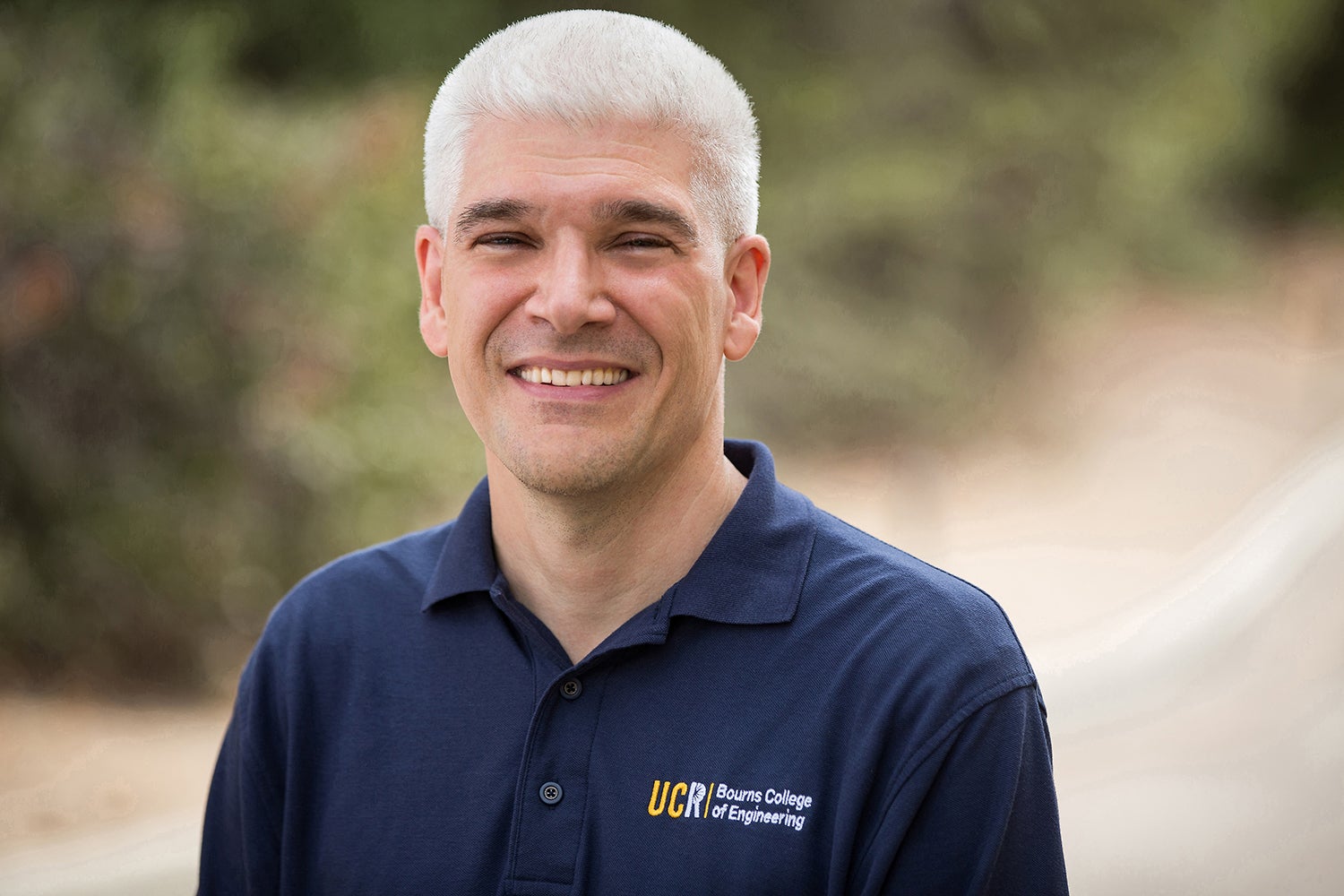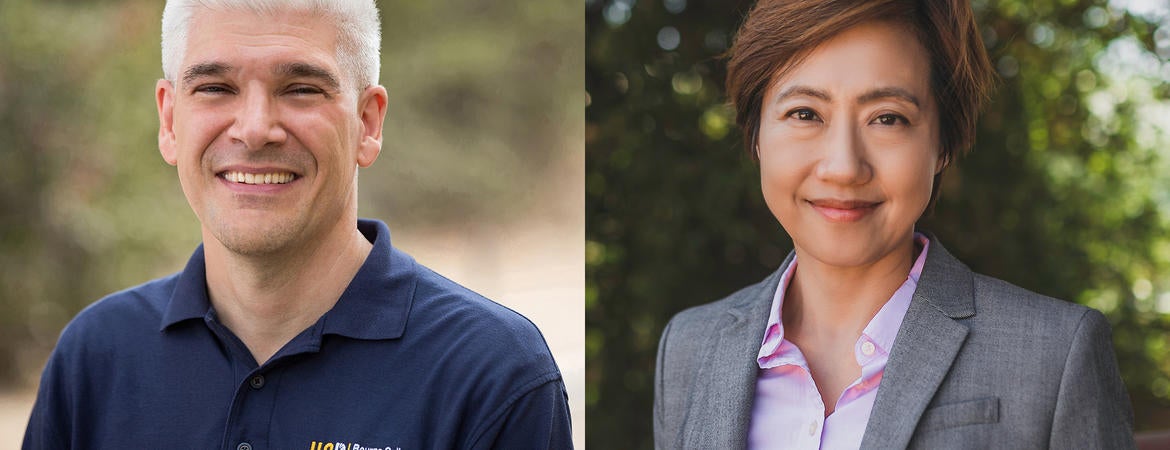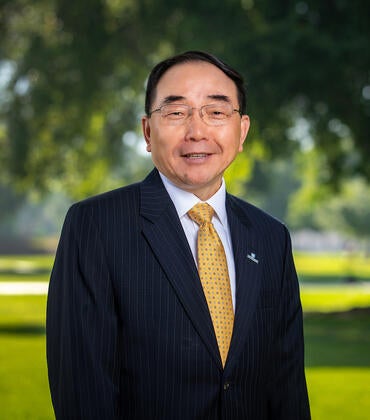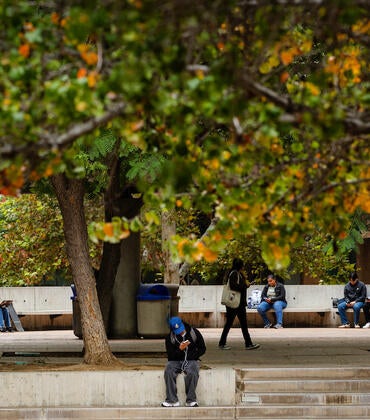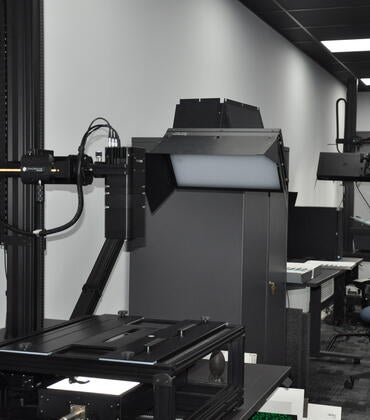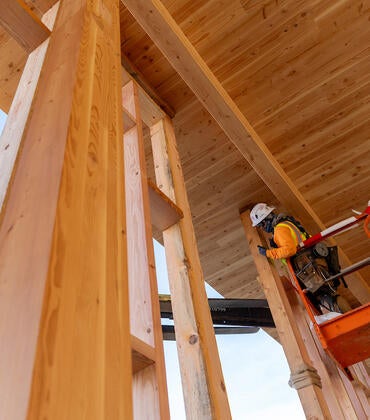Two professors at the University of California, Riverside, Sang-Hee Lee and Stefano Lonardi, have been elected fellows of the American Association for the Advancement of Science, or AAAS. This year, Lee and Lonardi are among 416 AAAS members awarded the honor in recognition of their scientifically or socially distinguished efforts to advance science or its applications.
Lee, a professor in the Department of Anthropology, was elected “for distinguished contributions to promote widespread understanding of science and its relevance to contemporary societies, and to encourage younger generations to engage with and pursue research and teaching in STEM fields.”
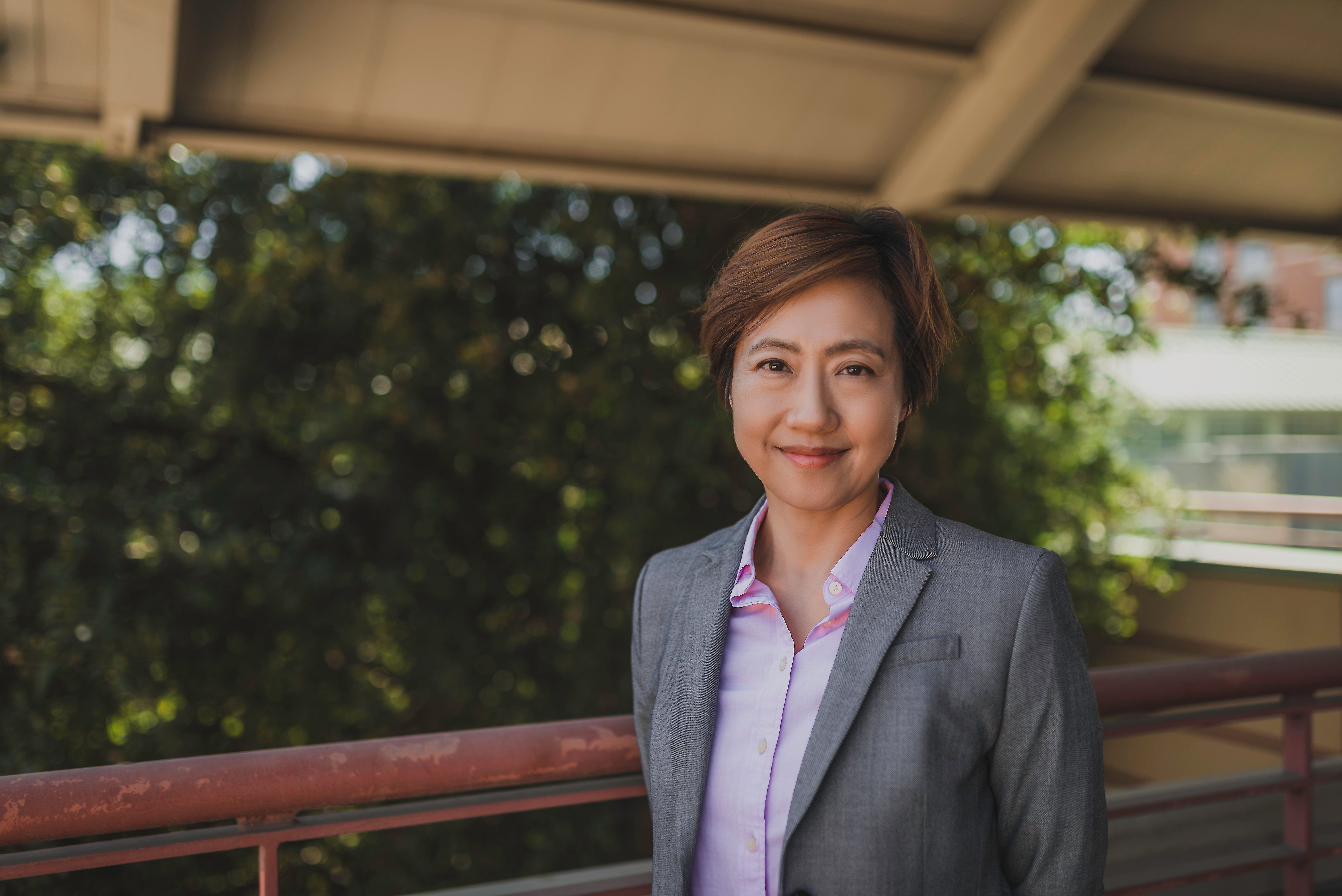
Lonardi, a professor in the Department of Computer Science, was elected “for distinguished contributions to the field of computational biology, bioinformatics, and data mining, particularly for developing algorithms for the analysis of genomic, epigenetic, and time-series data.”
Election as an AAAS fellow, a tradition that began in 1874, is an honor bestowed upon AAAS members by their peers. Members can be considered for the rank of fellow if nominated by the steering groups of the Association’s 24 sections, by any three fellows who are current AAAS members (provided two of the three sponsors are not affiliated with the nominee’s institution), or by the AAAS chief executive officer.
Each of this year’s fellows will be presented with an official certificate and a rosette pin on Feb. 16, 2019, during the AAAS Annual Meeting in Washington, D.C.
Lee received her doctorate from the University of Michigan and arrived at UCR in 2001. As a paleoanthropologist, she studies the evolution of human morphological variation based on the fossil record. She’s also a best-selling author, with her most recent book, the award-winning “Close Encounters With Humankind,” published in Korean, English, Spanish, Chinese, and Japanese (and three additional translations on the way).
Lonardi received his doctorate from Purdue University in 2001 and joined Bourns College of Engineering as an assistant professor the same year. His expertise in computational molecular biology, data mining, and combinatorial algorithm design contributed to sequencing of the barley genome, and he is currently part of a UCR team sequencing the cowpea genome. His lab has developed numerous open-source software tools for the analysis of DNA sequencing data.
